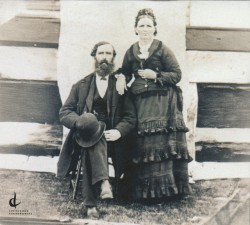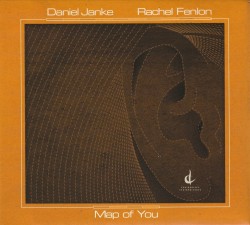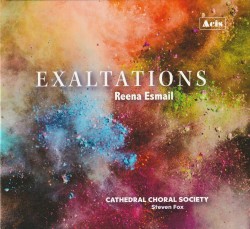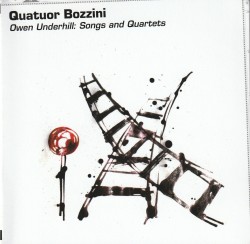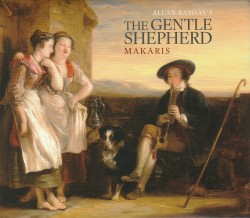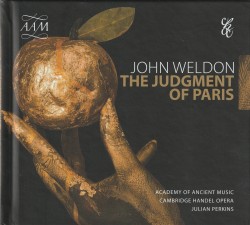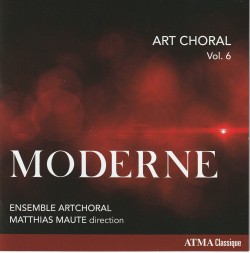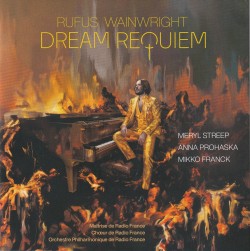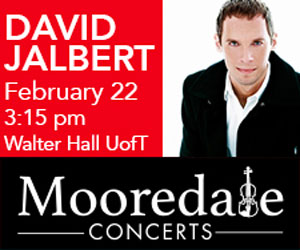ArtChoral Volume 9 : Canada - ArtChoral
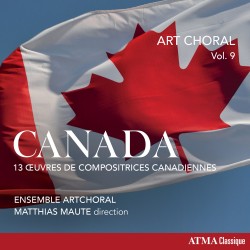 ArtChoral Volume 9 : Canada
ArtChoral Volume 9 : Canada
ArtChoral
ATMA ACD 2428 (atmaclassique.com/en/product/art-choral-vol-9-canada-13-works-by-canadian-women-composers/?srsltid=AfmBOopAONdJfzD6t3YmW7bD2DEbyjH-sqpwqZxPkm1UC1VJ_Qq5Pzkv)
Volume 9 in the series of CDs by Montreal’s Ensemble ArtChoral presents 13 brief works by Canadian women, commissioned by ArtChoral with “complete freedom to choose their texts, themes and musical styles.”
Of those setting their own words, I particularly enjoyed Sandy Scofield’s The Sacred One, a strophic chant celebrating Indigenous women’s spiritual wisdom; Carmen Braden’s Now, at the First Fire of the Fall, a rhapsodic evocation of nature; and Sophie Dupuis’ Souv’nirs, sung in New Brunswick’s Brayon French dialect, confronting painful childhood memories with folk music-like simplicity.
Two spirited pieces employ Latin texts. In Marie Alice Conrad’s merry, foot-stomping Dum felis dormit, the chorus repeatedly sings the words of an ancient proverb – “While the cat sleeps, the mouse celebrates.” Kati Agócs’ propulsive Arise, Be Enlightened!, adapted from the Book of Isaiah, steadily gathers momentum until its final ecstatic climax.
I found two works especially moving. The emotionally stirring Dreamer’s Rock by Beverley McKiver, a Sixties Sweep survivor, is set to an inspirational, aspirational poem by Lisa Shawongonabe Abel, addressed to an Indigenous child. The haunting You’re Free to Love by Afarin Mansouri, herself a refugee from Iran, is adapted from her opera The Refugees, with text by Jennifer Wise.
Pieces by Amy Brandon, Alice Ping Yee Ho, Katya Pine, Fiona Ryan, Karen Sunabacka and Leslie Uyeda complete this CD. Many thanks to Ensemble ArtChoral and its artistic director Matthias Maute for this remarkable compendium of Canadian (female) creativity.


